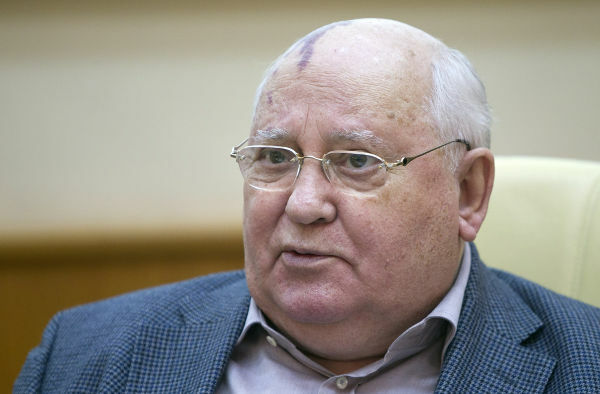After World War II, the establishment of the bipolar order intended to place the world under the dictates of two competing hegemonic projects. However, the development of these regimes around the world ended up showing that capitalist and socialist ordering actions would not be able to supplant the demands of future generations. An example of the failure of these totalizing ideologies came in 1968, when Czechoslovakia pointed in a new direction.
Despite being in line with the guidelines of the socialist bloc, the Czech leaders would begin to undertake reforms that would go against the rigidity recommended by the Soviets. A new group of communist intellectuals, represented by the new Secretary General of the Czech Communist Party, Alexander Dubcek, intended to give a “more human face” to socialism. With that, the new governor undertook a series of reforms that expanded civil rights and individual freedoms.
Among other points, Dubeck's controversial reform promised to re-establish press freedom, freedom of religious worship and the formation of new political parties. Such changes caused real chills to the orthodox-oriented Soviet communist leaders. Thus, seeking to reverse this situation, the Warsaw Pact leaders invited Alexander Dubcek to discuss the “threatening counter-revolutionary wave” that gripped Czechoslovakia.
However, agreeing with the changes that would mark the so-called “Prague Spring”, the new leader of the Czech nation refused to participate in this meeting. The refusal indicated Dubeck's favor to the transformations intensely defended by different sections of the population, mainly the young. In a later meeting, Czech authorities and members of the Warsaw Pact met to reach an agreement regarding the political disturbance caused by all those changes.
Do not stop now... There's more after the advertising ;)
However, the attempt at dialogue did not have the expected effect. On August 20, 1968, a troop consisting of 650 soldiers from the armies of the Soviet Union and other allies carried out the occupation of the capital of Czechoslovakia. The takeover of the streets came at the same time that the Russian authorities removed Alexander Dubcek from his political post. In response, the population started to carry out a series of protests.
Some young pacifists tried to talk to the soldiers, requesting their retreat or lying down in front of imposing military tanks. The most radical went into direct confrontation by throwing Molotov cocktails at foreign soldiers. With the end of the conflicts, seventy-two dead and seven hundred and two wounded were counted. Out of frustration caused by military oppression, student Jan Palach decided to kill himself by setting fire to the public square.
On April 17, 1969, the Dubcek government was replaced by a new leader aligned with Soviet interests. The change, despite bringing the reforms to an end, has not been able to annihilate the new trends favorable to a more open socialism or the restructuring of democracy. In the late 1980s, the arrival of Mikhail Gorbatchev in the Russian government allowed the Czech political opening to finally take place.
By Rainer Sousa
Graduated in History
Would you like to reference this text in a school or academic work? Look:
SOUSA, Rainer Gonçalves. "Prague Spring"; Brazil School. Available in: https://brasilescola.uol.com.br/historiag/primavera-praga.htm. Accessed on July 27, 2021.


